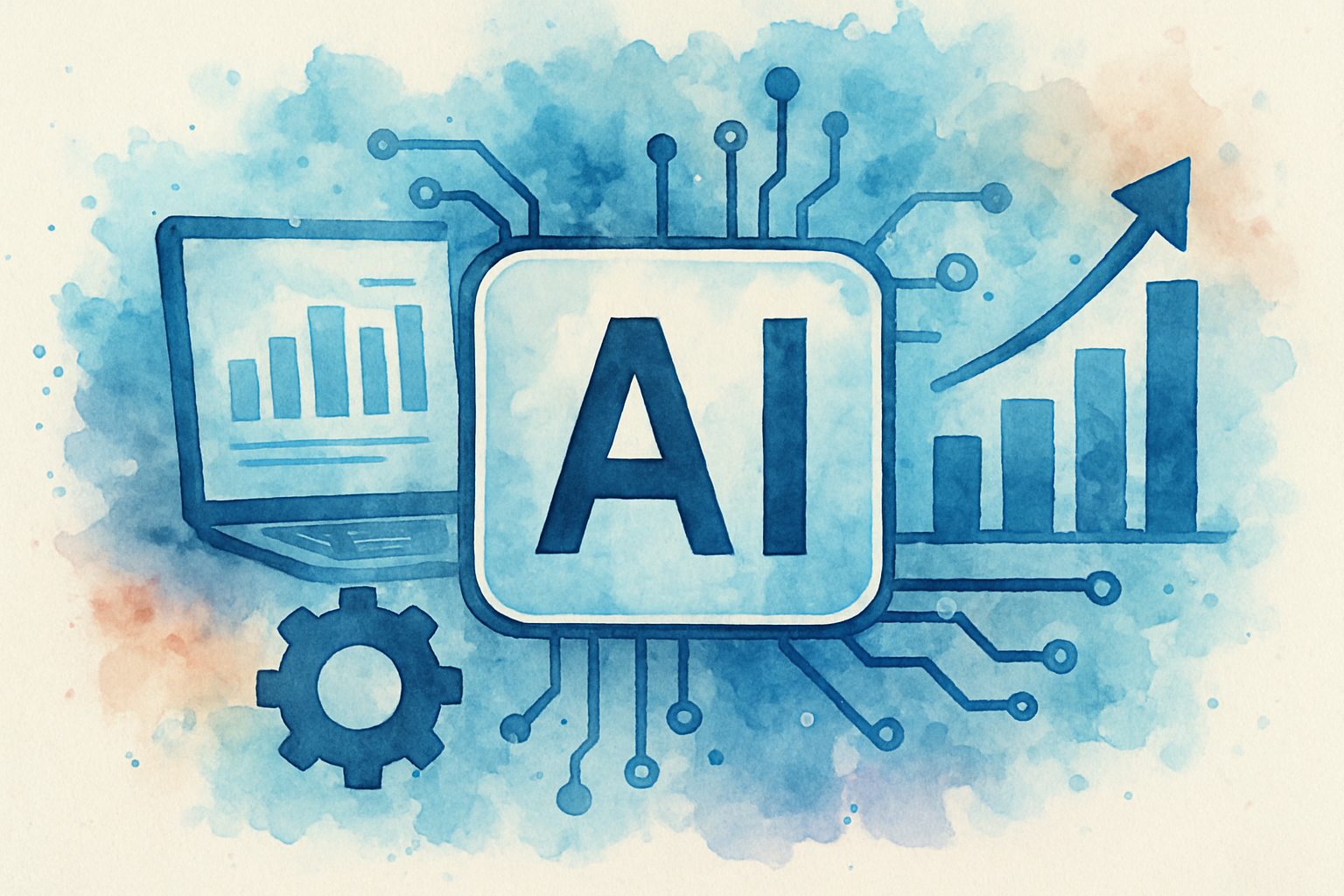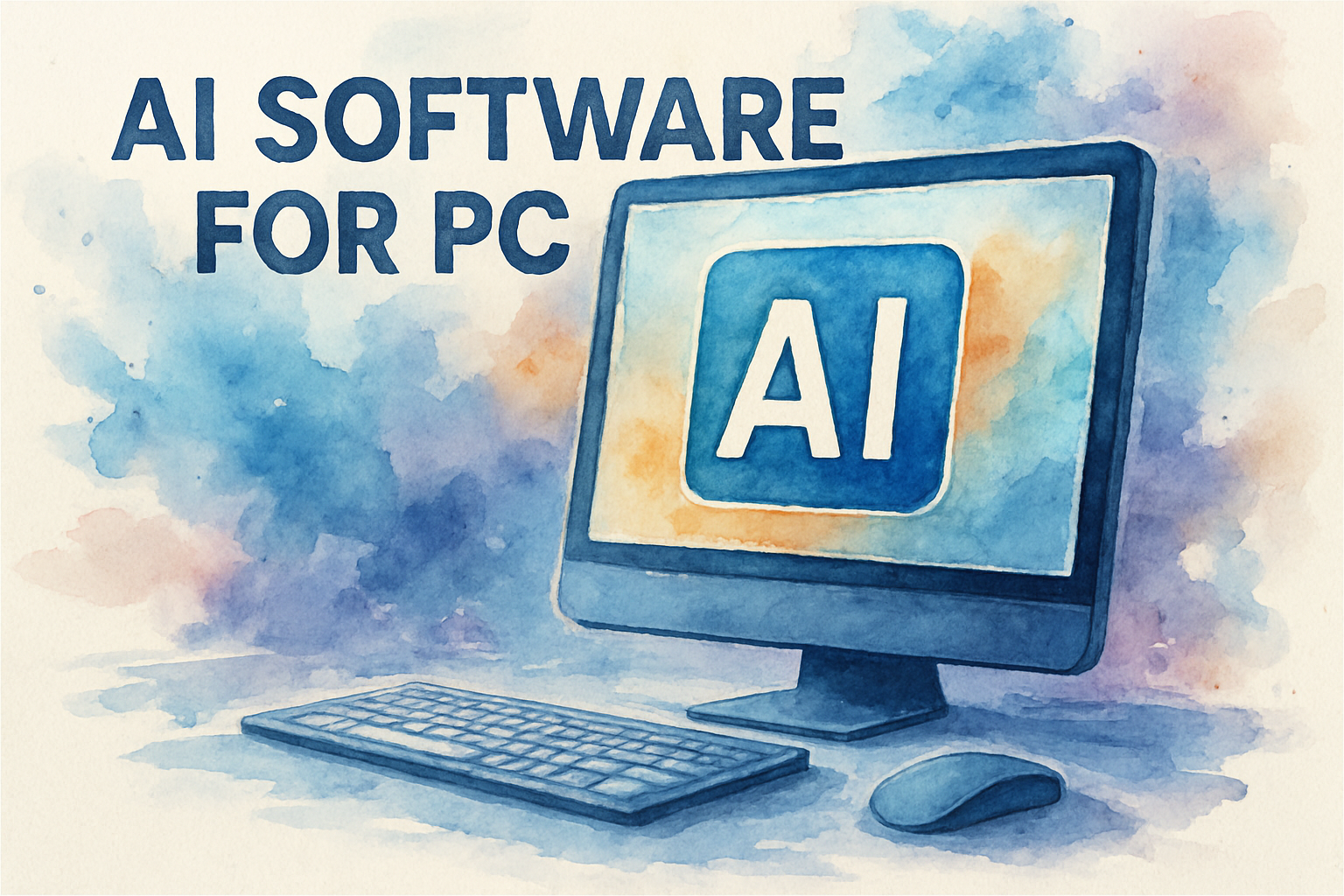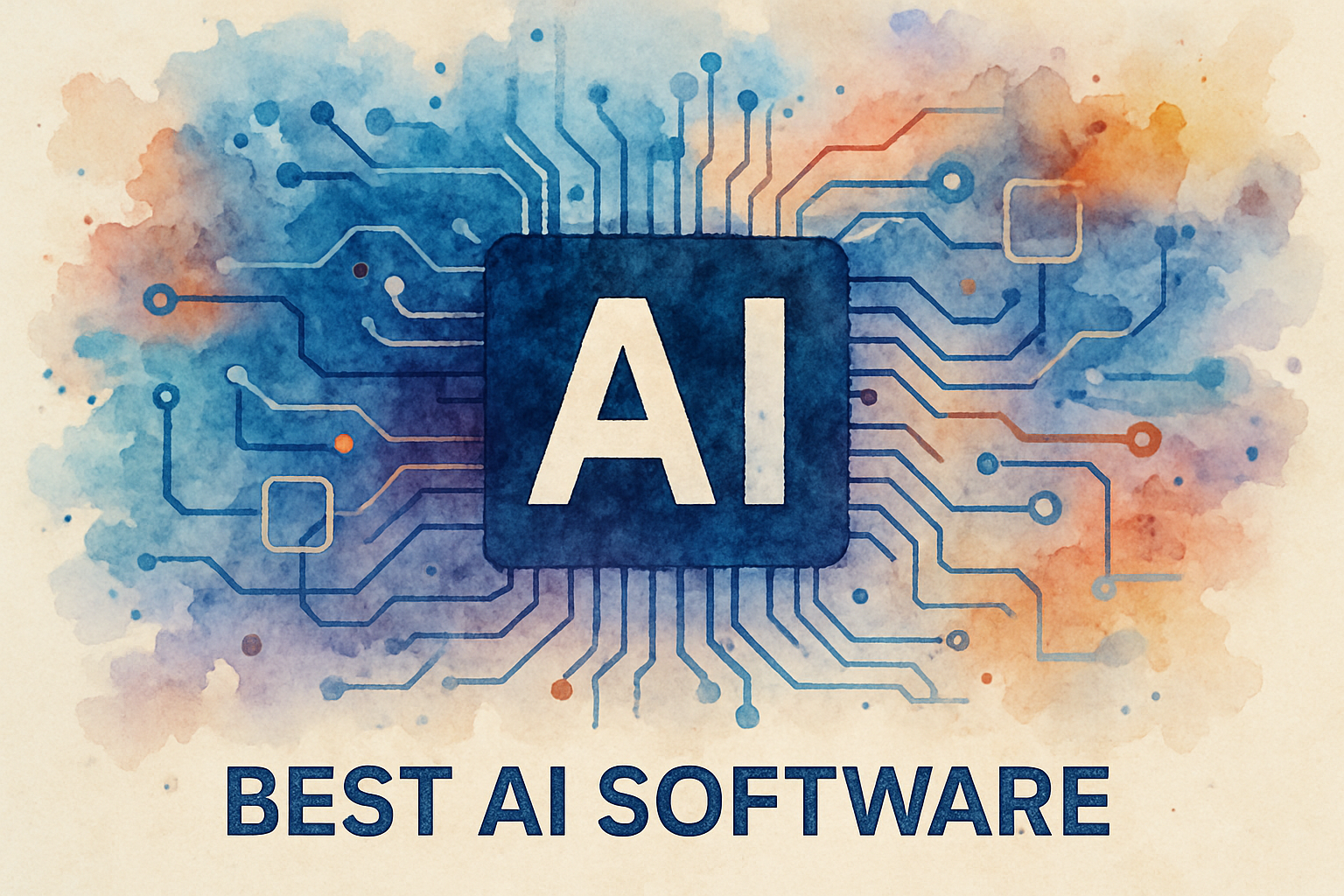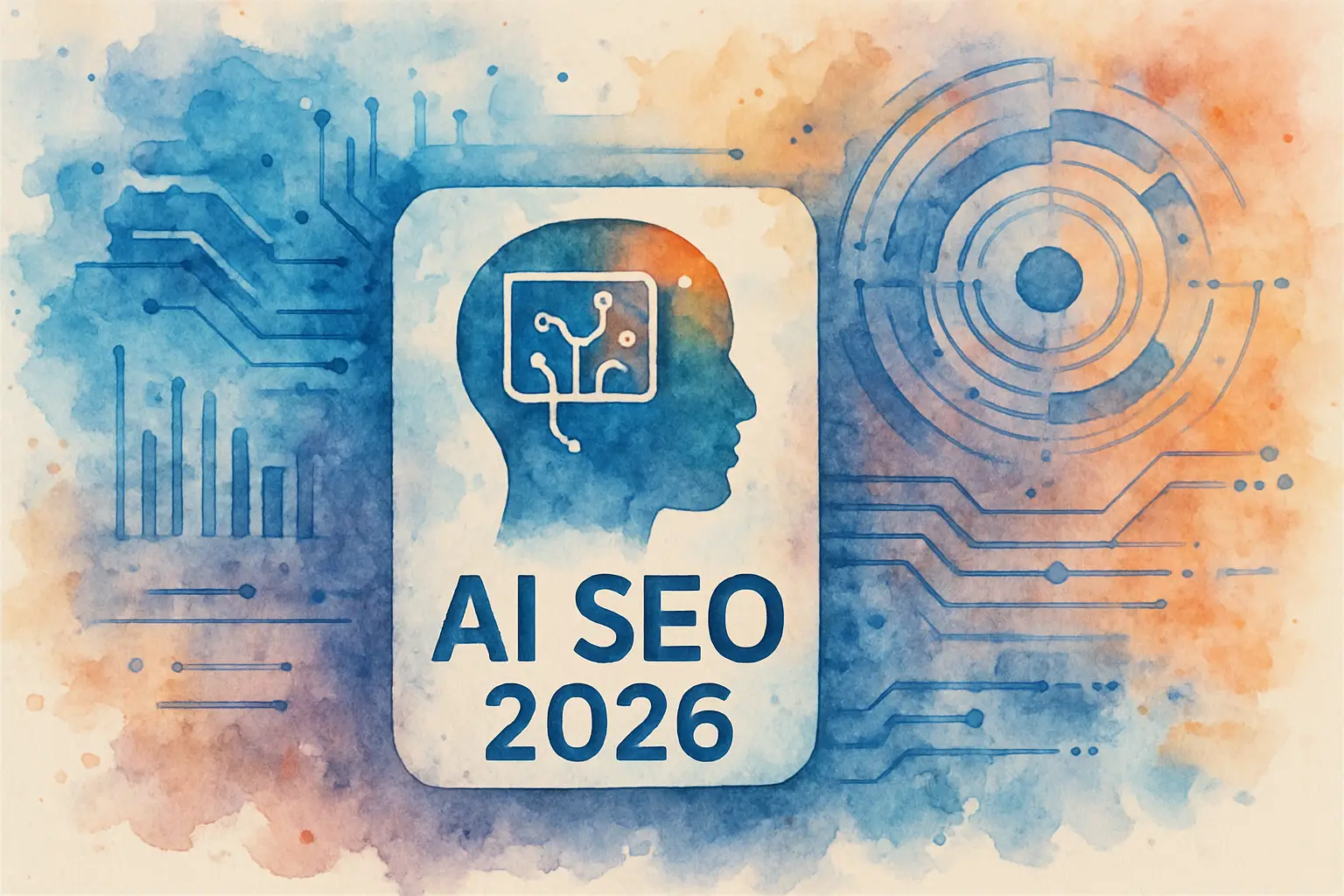Get into the Future: 10 AI Agent Examples to Inspire Your Business Strategy
In today’s rapidly evolving technological landscape, artificial intelligence (AI) is no longer a futuristic concept—it’s a present-day reality reshaping industries across the globe. At the forefront of this AI revolution are AI agents, sophisticated software entities capable of perceiving their environment, making decisions, and taking actions to achieve specific goals. But what exactly are these AI agents, and how are they being utilized in real-world scenarios?
This article delves into the fascinating world of AI agents, exploring their applications, benefits, and potential challenges. We’ll examine concrete AI agent examples that are currently transforming businesses and discuss how you can leverage this technology to propel your own organisation forward. Whether you’re a tech enthusiast, a business leader, or simply curious about the future of AI, this comprehensive guide will provide valuable insights and actionable strategies.
Understanding AI Agents: The Building Blocks of Intelligent Systems
Before we dive into specific AI agent examples, it’s crucial to establish a solid understanding of what AI agents are and why they’re becoming increasingly important in today’s business landscape.
Defining AI Agents
An AI agent is a computer system that can perceive its environment through sensors, process this information, make decisions, and act upon the environment to achieve specific goals. These agents can range from simple programs designed to perform specific tasks to complex systems capable of learning and adapting to new situations.
Key Characteristics of AI Agents
- Autonomy: AI agents can operate without direct human intervention.
- Reactivity: They can perceive and respond to changes in their environment.
- Proactivity: AI agents can take initiative and work towards goals.
- Social ability: They can interact with other agents or humans to achieve their objectives.
The Growing Importance of AI Agents
As businesses strive to become more efficient, innovative, and customer-centric, AI agents are emerging as powerful tools to achieve these goals. According to a recent study by PwC, AI could contribute up to $15.7 trillion to the global economy by 2030. This staggering figure underscores the transformative potential of AI technologies, including AI agents.
Real-World AI Agent Examples: Transforming Industries
Let’s explore compelling AI agent examples across various industries that demonstrate their versatility and power in solving real-world problems.
1. Customer Service: Virtual Assistants
Klarna’s AI Assistant – Handled 2.3 million conversations in its first month, cutting resolution time from 11 minutes to under 2 minutes, with $40M profit improvement.
2. Healthcare: Diagnostic Support
Mass General Brigham’s Documentation Agent – Automates clinical note-taking and EHR updates, reducing physician burnout and improving care delivery.
3. Finance: Intelligent Support
Bank of America’s Erica – Achieved 45% reduction in resolution time and 25% cost savings by handling routine customer queries.
4. Retail: Inventory Management
Walmart’s Autonomous Inventory System – Cut out-of-stock events by 30% within six months using computer vision and automated restocking.
5. E-commerce: Personalized Recommendations
Pinterest’s Recommendation Engine – Grew to 553 million monthly active users (11% increase) by delivering hyper-personalized content.
6. Fashion: Trend Forecasting
Zara’s AI Trend Forecasting – Achieved 7% sales increase by analyzing social platforms and shopping data in real-time.
7. Manufacturing: Predictive Maintenance
Siemens’ Predictive Maintenance – Improved asset utilization and minimized workflow interruptions by forecasting equipment failures.
8. IT Operations: Automated Response
Equinix’s E-Bot – Achieved 68% deflection on employee requests and 43% autonomous resolution for IT support issues.
9. Cybersecurity: Threat Detection
Darktrace’s Antigena Agent – Automatically identifies anomalies and responds to threats in real-time, reducing breach costs and analyst hours.
10. Food Delivery: Voice Support
DoorDash’s Voice Agent – Handles hundreds of thousands of support calls daily with 2.5-second latency, reducing human escalations by thousands per day.
Implementing AI Agents: A Strategic Approach
As these AI agent examples demonstrate, the potential benefits are substantial. However, implementing AI agents requires careful planning and execution. Here’s a step-by-step guide to help you integrate AI agents into your business strategy:
1. Identify Suitable Use Cases
Begin by identifying areas in your business where AI agents could add the most value. Look for processes that are repetitive, data-intensive, or require quick decision-making.
2. Data Preparation and Infrastructure
AI agents rely on high-quality data to function effectively. Ensure you have robust data collection and management systems in place. Consider cloud infrastructure to handle the computational requirements of AI agents.
3. Choose the Right AI Technologies
Depending on your use case, you may need to employ different AI technologies such as natural language processing, machine learning, or computer vision. Partner with AI experts or vendors to select the most appropriate technologies for your needs.
4. Pilot and Iterate
Start with a small-scale pilot project to test your AI agent. Gather feedback, analyse performance, and make necessary adjustments before scaling up.
5. Train Your Team
Ensure your team is prepared to work alongside AI agents. Provide training on how to interact with and maintain these systems.
Overcoming Challenges in AI Agent Implementation
While the benefits of AI agents are clear, their implementation is not without challenges. Here are some common obstacles and strategies to overcome them:
1. Data Privacy and Security Concerns
Challenge: AI agents often require access to sensitive data, raising concerns about privacy and security.
Solution: Implement robust data governance policies, use encryption, and ensure compliance with relevant regulations like GDPR.
2. Integration with Existing Systems
Challenge: Integrating AI agents with legacy systems can be complex and time-consuming.
Solution: Adopt a phased approach to integration, and consider using API-based solutions for smoother connectivity.
3. Ethical Considerations
Challenge: AI agents can raise ethical questions, particularly around decision-making and accountability.
Solution: Develop clear ethical guidelines for AI use in your organisation and ensure transparency in AI decision-making processes.
Conclusion: Embracing the AI Agent Revolution
As we’ve explored through various AI agent examples, these intelligent systems are no longer confined to the realm of science fiction. They are real, powerful tools that are reshaping industries and offering unprecedented opportunities for business growth and innovation.
From enhancing customer service and improving healthcare outcomes to revolutionising financial services, AI agents are proving their worth across diverse sectors. By understanding their potential, carefully planning their implementation, and addressing associated challenges, businesses can harness the power of AI agents to gain a competitive edge in today’s fast-paced digital landscape.
The future of business is intelligent, automated, and data-driven. By embracing AI agents, you’re not just adopting a new technology—you’re future-proofing your organisation and opening doors to possibilities that were once unimaginable.
Ready to explore how AI agents can transform your business? Don’t navigate this complex landscape alone. Contact The Crunch today to schedule a free consultation and discover how we can help you leverage AI agents to drive your business forward. Get your personalised AI strategy now!
Frequently Asked Questions (FAQ)
1. What is an AI agent?
2. What are some common examples of AI agents?
3. How do I create a simple AI agent?
4. What is the difference between a rule-based agent and a learning agent?
5. How much does it cost to implement an AI agent?
6. What are the main benefits of using AI agents?
7. Are AI agents safe to use in business operations?
8. How do AI agents differ from traditional software programs?
9. What skills are needed to build an AI agent?
10. How can I get started with AI agents if I have no prior experience?
11. What are some challenges when deploying AI agents?
12. Can AI agents work together in teams?









